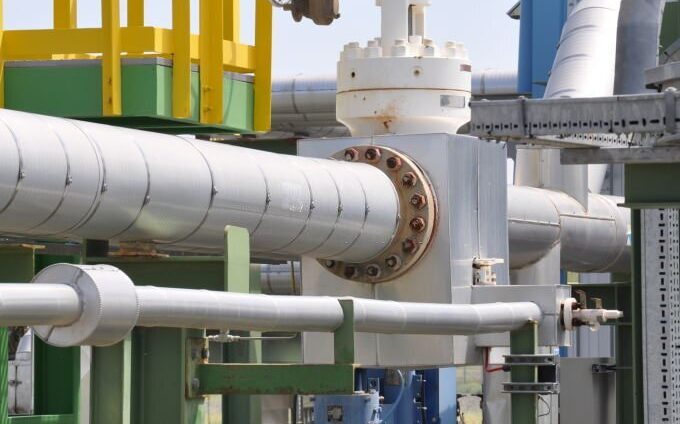…Exceeds OPEC quota
By Adewale Sanyaolu
Nigeria has reclaimed its spot as the leading African oil producer with a daily production of 1.8 million barrels per day(bpd) for the month of October.
This represents an increase of 255,710 bpd to reach 1.8 million bpd in October, up from 1.54 million bpd in September 2024, representing 16.56 per cent month-on-month rise.
Commission Chief Executive(CCE), Nigerian Upstream Petroleum Regulatory Commission (NUPRC), Mr.Gbenga Komolafe, disclosed this at the 42nd NAPE Annual International Conference & Exhibition held in Lagos, Monday
The Organisation of Petroleum Exporting Country(OPEC) had In June extended Nigeria’s production quota of 1.5 million barrels of crude per day to 2025.
OPEC stated that Nigeria should maintain the production level until December 31, 2025, a decision that the country graciously accepted despite its low oil production level which has stagnated at 1.3 million barrels per day.
Komolafe, who was represented by Enorense Amadasu, Executive Commissioner for Development and Production at NUPRC, noted that efforts are underway to further boost production to 2 million barrels per day by December 2024.
Highlighting the theme of the conference, “Resolving the Nigerian Energy Trilemma: Energy Security, Sustainable Growth and Affordability”, Komolafe referenced the NUPRC’s third anniversary following the enactment of the Petroleum Industry Act (PIA).
The Commission, he said, is committed to expanding Nigeria’s oil production capacity by an additional one million barrels per day.
According to Komolafe, regulatory certainty under the PIA has enabled the Commission to develop 25 regulations and guidelines, with 17 already gazette, while others are in advanced stages of completion.
“The regulations are expected to stimulate upstream exploration and reinforce energy security,” he said.
“Establishing regulatory certainty is central to our action plans for 2024, with new regulatory frameworks set for release by January.”
He also outlined the NUPRC’s transparent approach to upstream asset divestment, which has seen four divestments, and six transactions receive ministerial consent and approval in the past quarter.
